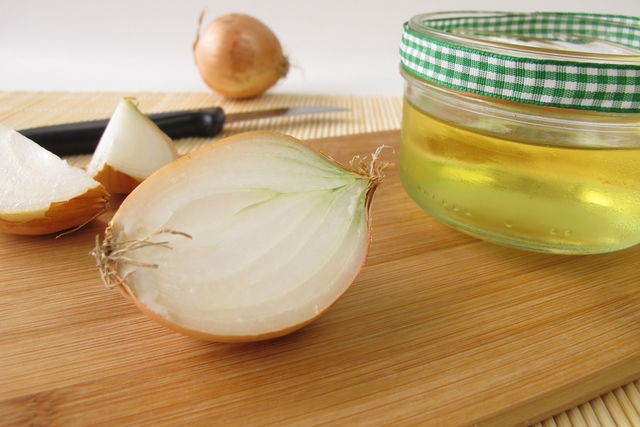Tooth Sealants: Safely Prevent Cavities

The pursuit of a healthy, cavity-free smile is a universal goal, and one of the most effective ways to achieve this is through the application of tooth sealants. These thin, protective coatings have been a cornerstone of preventive dentistry for decades, offering a safe and highly effective method for sealing out decay and ensuring the long-term health of teeth. But what exactly are tooth sealants, how do they work, and what benefits do they offer?
Understanding Tooth Sealants

Tooth sealants are made from a special plastic material that is applied to the chewing surfaces of teeth, most commonly the molars and premolars. These are the areas where food particles and plaque tend to accumulate, leading to the formation of cavities. The sealant acts as a barrier, preventing bacteria and food particles from coming into contact with the tooth enamel, thereby reducing the risk of decay. This is particularly important for children and adolescents, as their teeth are more susceptible to cavities due to less-than-perfect brushing and flossing habits, as well as a higher consumption of sugary and acidic foods and beverages.
The Application Process

The process of applying tooth sealants is straightforward and painless. It begins with a thorough cleaning of the tooth surface to ensure it is free of any debris or bacteria. The tooth is then dried, and a mild acid solution is applied to roughen the surface of the tooth, allowing the sealant to bond more effectively. After the tooth is rinsed and dried again, the sealant is painted onto the tooth enamel, where it is then hardened with a special light. The entire process typically takes just a few minutes per tooth and can be completed during a routine dental visit.
Benefits of Tooth Sealants
The benefits of tooth sealants are multifaceted and well-documented. Firstly, they are highly effective in preventing cavities. According to the American Dental Association (ADA), sealants can reduce the risk of cavities by up to 80% when properly applied and maintained. This not only saves patients from the discomfort and expense of fillings but also helps to prevent more serious complications that can arise from untreated cavities, such as infections and tooth loss.
Cost-Effectiveness
Another significant advantage of tooth sealants is their cost-effectiveness. While the initial application may seem like an additional expense, the long-term savings can be substantial. By preventing cavities, sealants can save patients the cost of fillings, crowns, and other treatments that may be needed down the line. This makes them a valuable investment in oral health, especially for children and individuals at high risk of developing cavities.
Safety and Durability
Tooth sealants are also remarkably safe and durable. They are made from non-toxic materials and do not contain any known harmful substances like BPA. When properly applied and maintained, sealants can last for many years, often up to a decade or more, before they need to be reapplied. This durability, combined with their effectiveness, makes them a trusted and recommended preventive measure by dentists worldwide.
Common Misconceptions
Despite their proven benefits, there are several misconceptions about tooth sealants that may deter some individuals from considering them. One common myth is that sealants are only for children. While it is true that sealants are most commonly applied to children’s teeth, they can also be beneficial for adults who are at risk of developing cavities. Another misconception is that sealants can replace regular brushing and flossing. This is not the case; sealants are meant to supplement, not replace, good oral hygiene practices.
Future Trends and Developments

As dental technology continues to evolve, we can expect to see advancements in the field of tooth sealants. Researchers are exploring new materials and techniques that could make sealants even more effective and longer-lasting. For example, there is ongoing research into the development of sealants that contain antimicrobial properties, which could further reduce the risk of decay by actively fighting bacteria. Additionally, advancements in digital dentistry may soon enable dentists to apply sealants with even greater precision and speed, making the process more efficient and comfortable for patients.
Conclusion
In conclusion, tooth sealants represent a powerful tool in the fight against cavities, offering a safe, effective, and cost-efficient way to protect teeth from decay. By understanding how sealants work, their benefits, and debunking common misconceptions, individuals can make informed decisions about their oral health. As we move forward, it will be exciting to see how advancements in dental technology continue to improve and expand the use of tooth sealants, further enhancing our ability to prevent cavities and ensure a lifetime of healthy, happy smiles.
What are tooth sealants made of?
+Tooth sealants are made from a special plastic material that is applied to the chewing surfaces of teeth to prevent decay. They are non-toxic and do not contain any known harmful substances like BPA.
How long do tooth sealants last?
+Tooth sealants can last for many years, often up to a decade or more, before they need to be reapplied, provided they are properly maintained.
Are tooth sealants only for children?
+No, while tooth sealants are most commonly applied to children’s teeth, they can also be beneficial for adults who are at risk of developing cavities.
Do tooth sealants replace regular brushing and flossing?
+No, tooth sealants are meant to supplement, not replace, good oral hygiene practices. Regular brushing and flossing are still essential for maintaining overall oral health.
Can tooth sealants be used in conjunction with other dental treatments?
+Yes, tooth sealants can be used in conjunction with other dental treatments. They are often applied as part of a comprehensive oral health plan to provide additional protection against decay.



